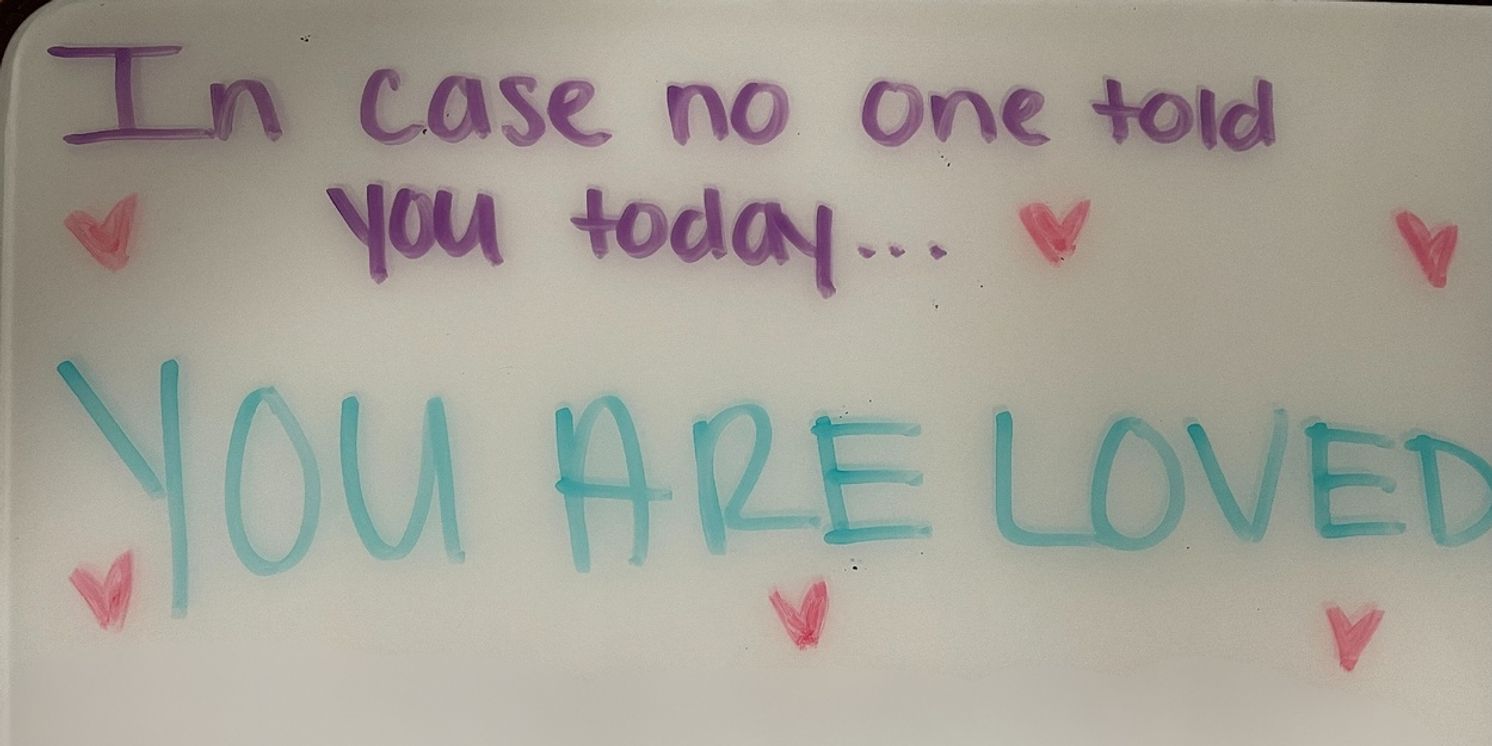
The Importance of Self-Care in the Arts Community
In the demanding realm of performing arts, where passion frequently overshadows personal well-being, self-care is a concept that remains alarmingly undervalued. For many artists, the desire to please audiences and colleagues often comes at the expense of their own self-worth and mental health. This dichotomy can lead to a significant decline in personal well-being, ultimately impacting their professional contributions and overall happiness within their careers.
Self-care, defined as the practice of taking an active role in protecting one’s own well-being and happiness, is particularly crucial for those in the performance community. As individuals pour their hearts and souls into their art, the need to cultivate kindness toward themselves becomes paramount. It is essential that artists learn to appreciate and love themselves just as much as they cherish the creative processes and performances that define their professional existence.
Reflecting on personal experiences as a senior in a theatre program, I have realized that balancing personal life with professional pursuits is essential. Being involved in various theater-related activities often leads to an intertwining of these two realms, blurring the lines between one’s identity as a performer and an individual. Many colleagues have reported similar struggles, finding that their sense of privacy has been compromised, leading to stress and burnout.
In my journey toward self-acceptance, I discovered the importance of compartmentalization. Establishing a clear boundary between my personal and professional lives helped me regain my sense of privacy and balance. This newfound separation not only improved my mood but also enhanced my overall performance and engagement in my craft. While the methods of self-discovery may differ for each individual, the key takeaway is the importance of embarking on a personal exploration to identify one’s needs, preferences, and coping strategies.
Additionally, cultivating a reliable support system is vital in addressing the challenges inherent to life in the arts. This support can come from friends, mentors, or colleagues – individuals who provide an empathetic ear and offer guidance. While performers are often viewed as extroverted beings, many grapple with the same communication difficulties that affect even the most reserved individuals. I, too, have faced the challenge of opening up, often preferring solitude over social interaction. However, the act of sharing my struggles with trusted individuals has proven invaluable, providing insights that shifted my perspective and enhanced my emotional resilience.
For those who find verbal communication daunting, journaling offers an alternative outlet to process thoughts and emotions. Documenting feelings can serve as a therapeutic practice, alleviating anxiety and fostering clarity. Through consistent self-reflection, I have observed marked improvements in my focus and engagement during performances.
Ultimately, understanding oneself is a continuous journey. Each person’s coping mechanisms are unique and deserve to be honored. Within the performing arts community, it is imperative to foster an environment of support, encouragement, and compassion. By nurturing our well-being, we not only thrive as individuals but also enrich the vibrant tapestry of the arts. Embracing the essence of self-love and appreciation lays the foundation for a flourishing career and a more fulfilling relationship with the art we cherish.
RELATED POSTS
View all



